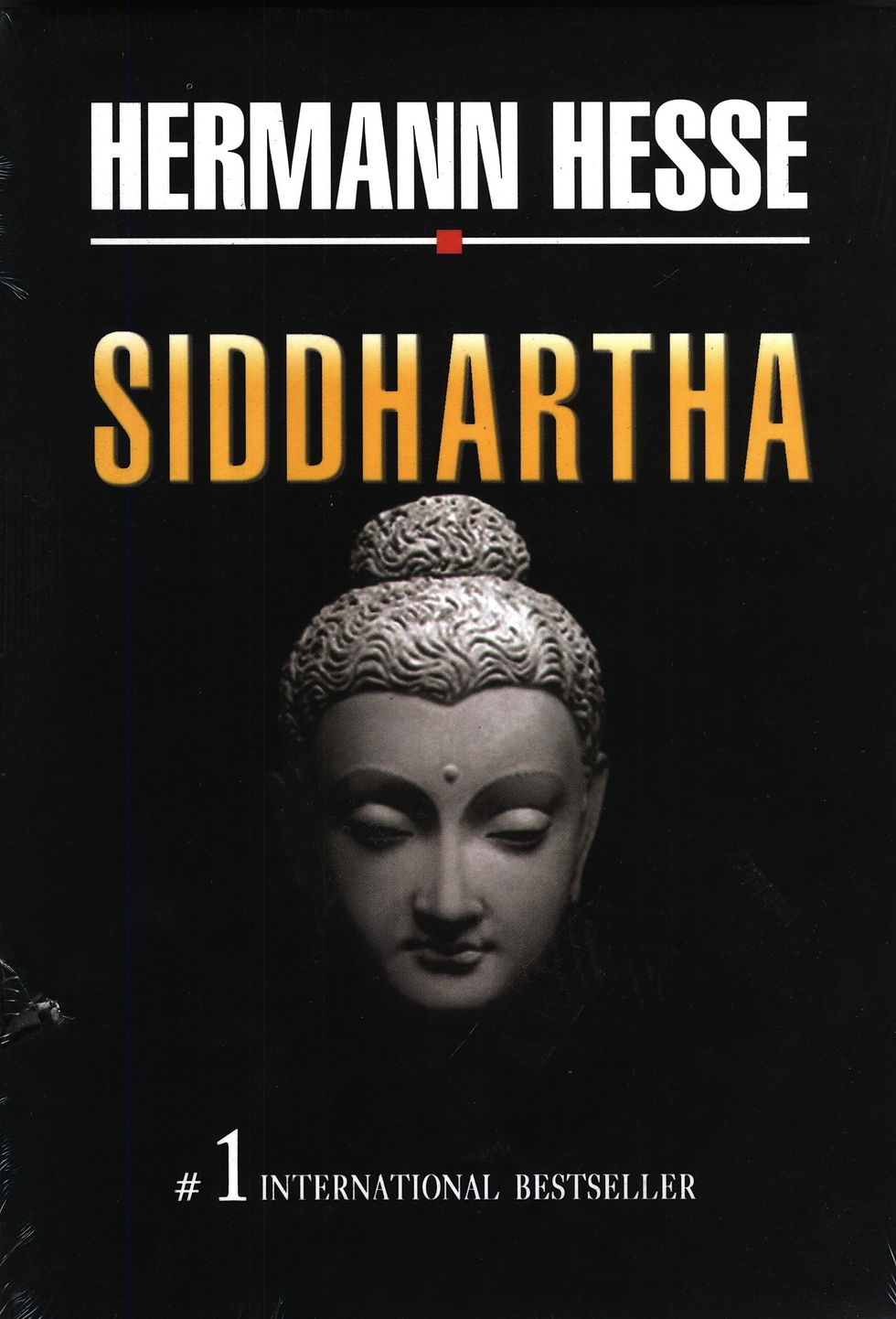It is significant that the only character in Hindu mythology, a king at that, to be given the title of ekam-patni-vrata, devoted to a single wife, is associated with the most unjust act of abandoning her in the forest to protect family reputation. This seems a deliberate souring of an uplifting narrative. Rams refusal to remarry to produce a royal heir adds to the complexity. The intention seems to be to provoke thought on notions of fidelity, property and self-image.
This book approaches Ram by speculating on Sita: her childhood with her father, Janaka, who hosted sages mentioned in the Upanishads; her stay in the forest with her husband, who had to be a celibate ascetic while she was in the prime of her youth; her interactions with the women of Lanka, recipes she exchanged, emotions they shared; her connection with the earth, her mother, and with the trees, her sisters; her role as the Goddess, the untamed Kali as well as the demure Gauri, in transforming the stoic prince of Ayodhya into God.
Sita
Author
Devdutt Pattanaik



























